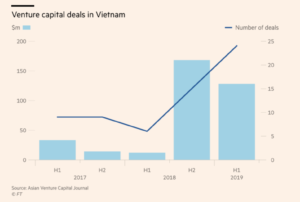New York Times writers Jim Tankersley and Ben Casselman reported yesterday that, “The mortgage-interest deduction, a beloved tax break bound tightly to the American dream of homeownership, once seemed politically invincible. Then it nearly vanished in middle-class neighborhoods across the country, and it appears that hardly anyone noticed.
“In places like Plainfield, a southwestern outpost in the area known locally as Chicagoland, the housing market is humming. The people selling and buying homes do not seem to care much that President Trump’s signature tax overhaul effectively, although indirectly, vaporized a longtime source of government support for homeowners and housing prices.
“The 2017 law nearly doubled the standard deduction — to $24,000 for a couple filing jointly — on federal income taxes, giving millions of households an incentive to stop claiming itemized deductions.”
The Times’ article noted that, “As a result, far fewer families — and, in particular, far fewer middle-class families — are claiming the itemized deduction for mortgage interest. In 2018, about one in five taxpayers claimed the deduction, Internal Revenue Service statistics show. This year, that number fell to less than one in 10. For families earning less than $100,000, the decline was even more stark.
“The benefit, as it remains, is largely for high earners, and more limited than it once was: The 2017 law capped the maximum value of new mortgage debt eligible for the deduction at $750,000, down from $1 million. There has been no audible public outcry, prompting some people in Washington to propose scrapping the tax break entirely.”
Yesterday’s article added that, “Skylar Olsen, an economist at Zillow, said that the slowdown in the housing market probably had little to do with the tax law. Home prices have risen much faster than wages in recent years, creating an affordability crisis in many cities that probably made slower growth in prices inevitable.”


